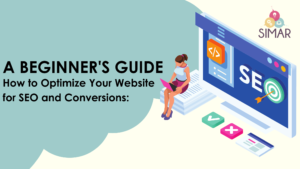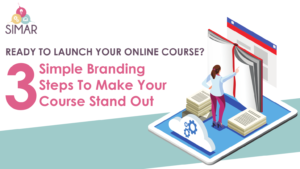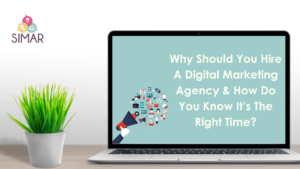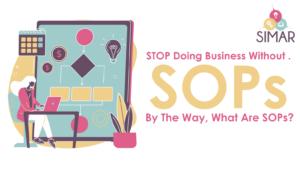The one word that everyone understands! If you don’t manage your time the right way, you can spend half of your day reading and replying to tons of queries, complaints, and inter-office requirements. According to research, nearly 25 percent of executives time is spent sorting and answering business emails. Not that all of these emails are important but how do you know its “unimportant” until you read the email. This can take a huge chunk of your work day.
While spam and other bogus emails easily creep into your schedule, the bulk of the problem when it comes to emails are the irrelevant ones. However other emails, when appropriate attention is given, can actually help cut reading time and make responses more relevant. Check out a couple email tips to help make better use of your time and allow you to use your email as a more efficient as a work communication tool. You may find these tips quite handy:
-
Emails must be written in a concise yet complete manner. Your email should contain all the important points and include a call to reply or call to action. This must be carefully laid out for the reader to easily share feedback. This ensures an effective message across all channels. It’s also allows for easy reading which is rewarded with fast receiver response. The success rule: Emails that exceed 2-3 paragraphs may require a phone call. Try not to exceed two paragraphs.
-
Leave the address field blank when still writing or attaching files, pictures, and other form of reports. This ensures that you do not accidentally send them when unfinished or when attaching files. Most incomplete emails are sent back-and-forth wasting time and efforts on both the recipient and the writer. The success rule: Put the email in the body of the email while you compose the message. Its always a win to minimize mistakes.
-
Always be direct to the point. No beating around the bush. Get straight to the point but be polite. Always write what you want or need in the opening of the email. Flowery words only make the process tedious. Summarize clearly what you want to begin. Then follow with details. The success rule: A friendly greeting coupled with a friendly close is a win/win.
-
Always double check subject line. The subject line is important. So many people misuse the subject line. This will allow the recipient early insight on what the email is all about. This also prevents them from ignoring your email if you carefully place “urgent” or “need reply ASAP” on the subject line. The success rule: A good subject line is also a great way to get your readers attention.
-
Always maintain professionalism when writing an email. No matter how annoyed or excited you may feel, always make sure that it’s written with consideration of your reader. Check grammar and spelling—and review before hitting “send”. This will lessen instances of error. The success rule: Once you press send, you can’t take it back. Invest time in your message the first time.
-
Be careful in handling classified information. Even when replying, it is important to double check the recipients particularly those in the CC section. This is even more so when hitting “reply all”. Some recipients, particularly executives or higher management, do not have time to spare for emails which are not intended for them. The success rule: No one likes “reply all” emails, make sure you need to reply to the group before hitting send.
-
Flag emails that require follow-ups. Some emails are way more important than others. Make sure to label those which need prioritization from ones that can wait. Some emails may even get resolved without actually needing your input. The success rule: Schedule your time and manage your tasks, prioritizing is a plus.
Overall, always keep a positive attitude when answering emails. Regardless of the tone of voice of the recipient, it is important to maintain your objectivity and accountability when it matters. Remember, success begins with you.






